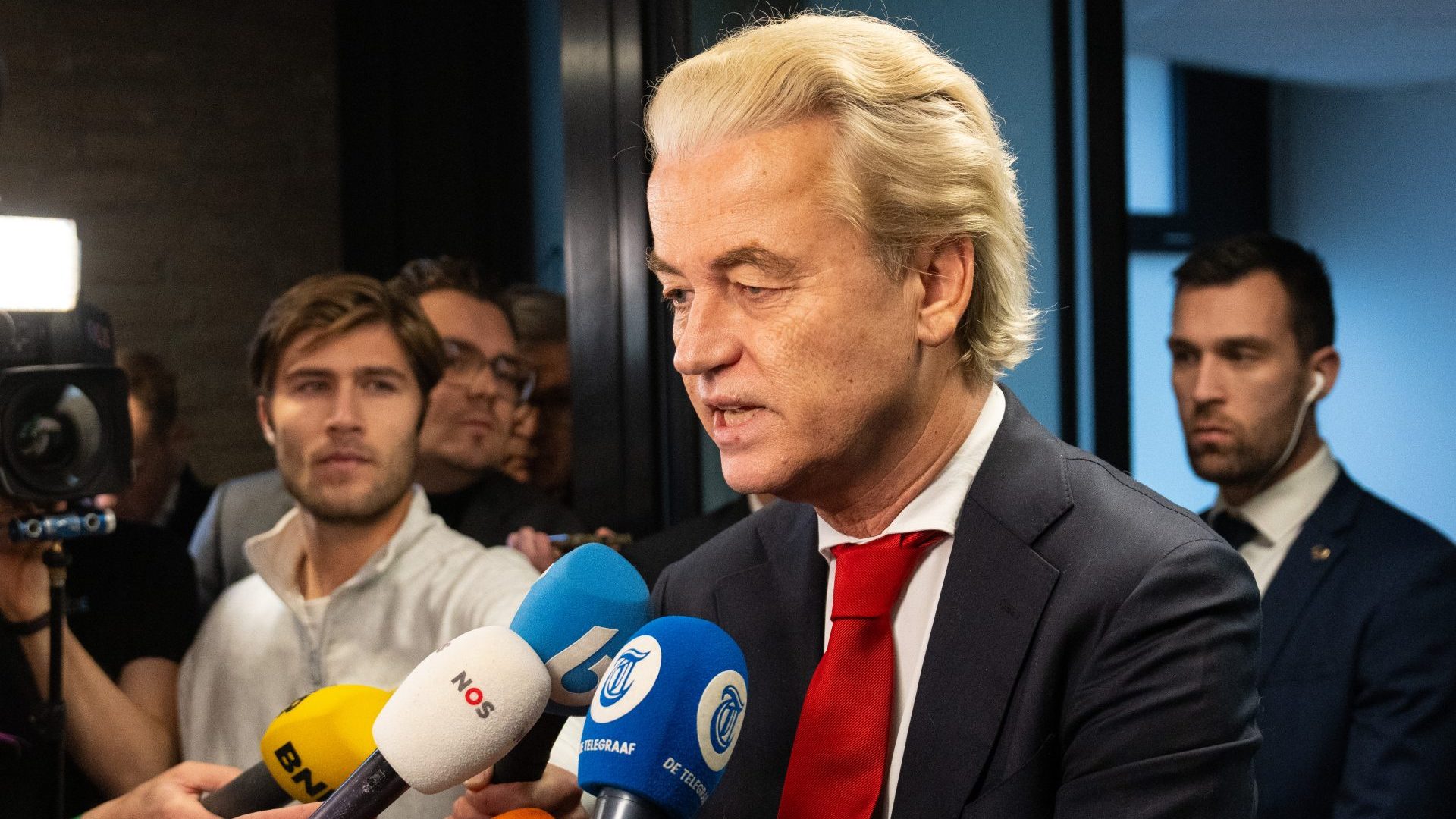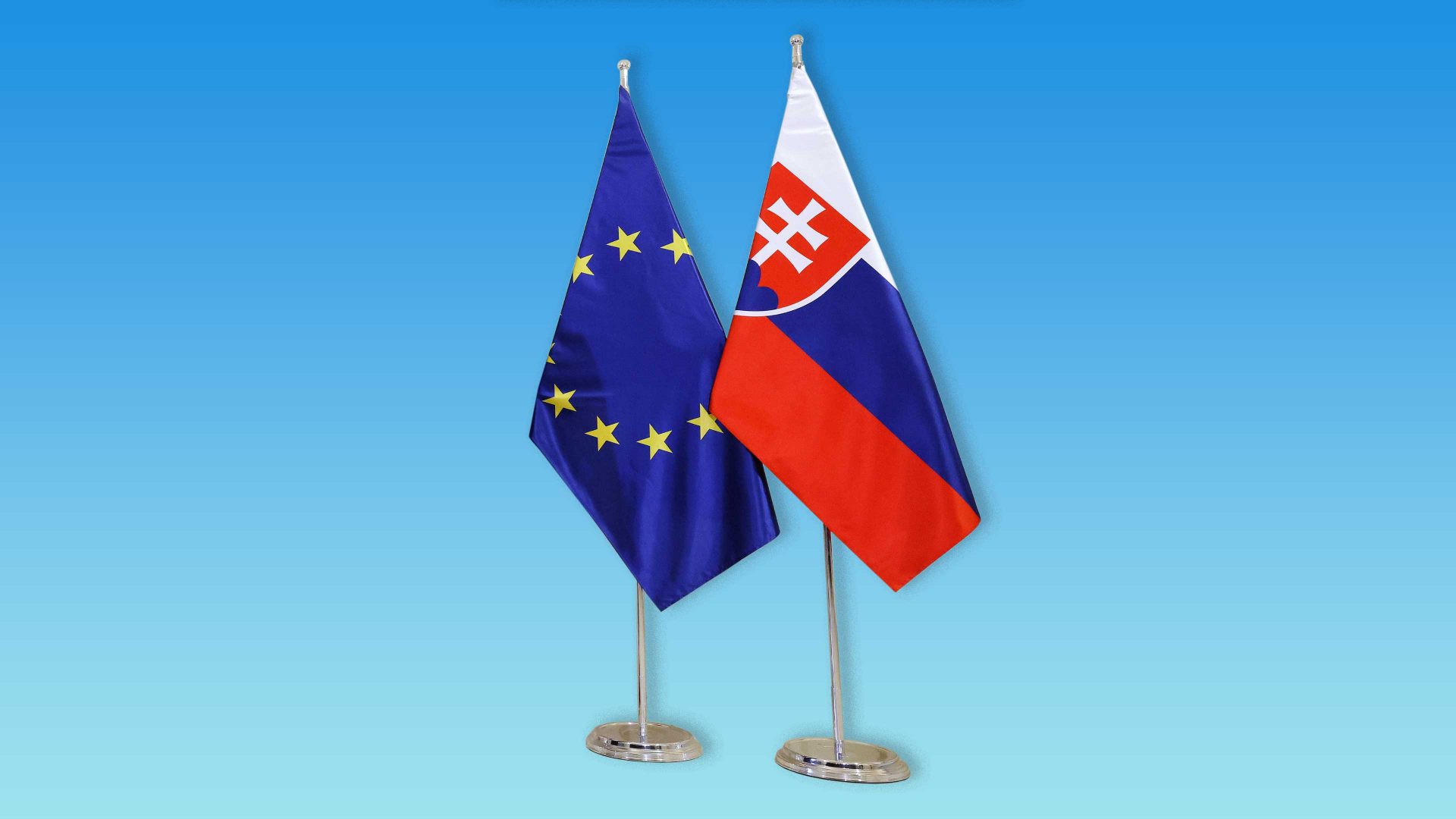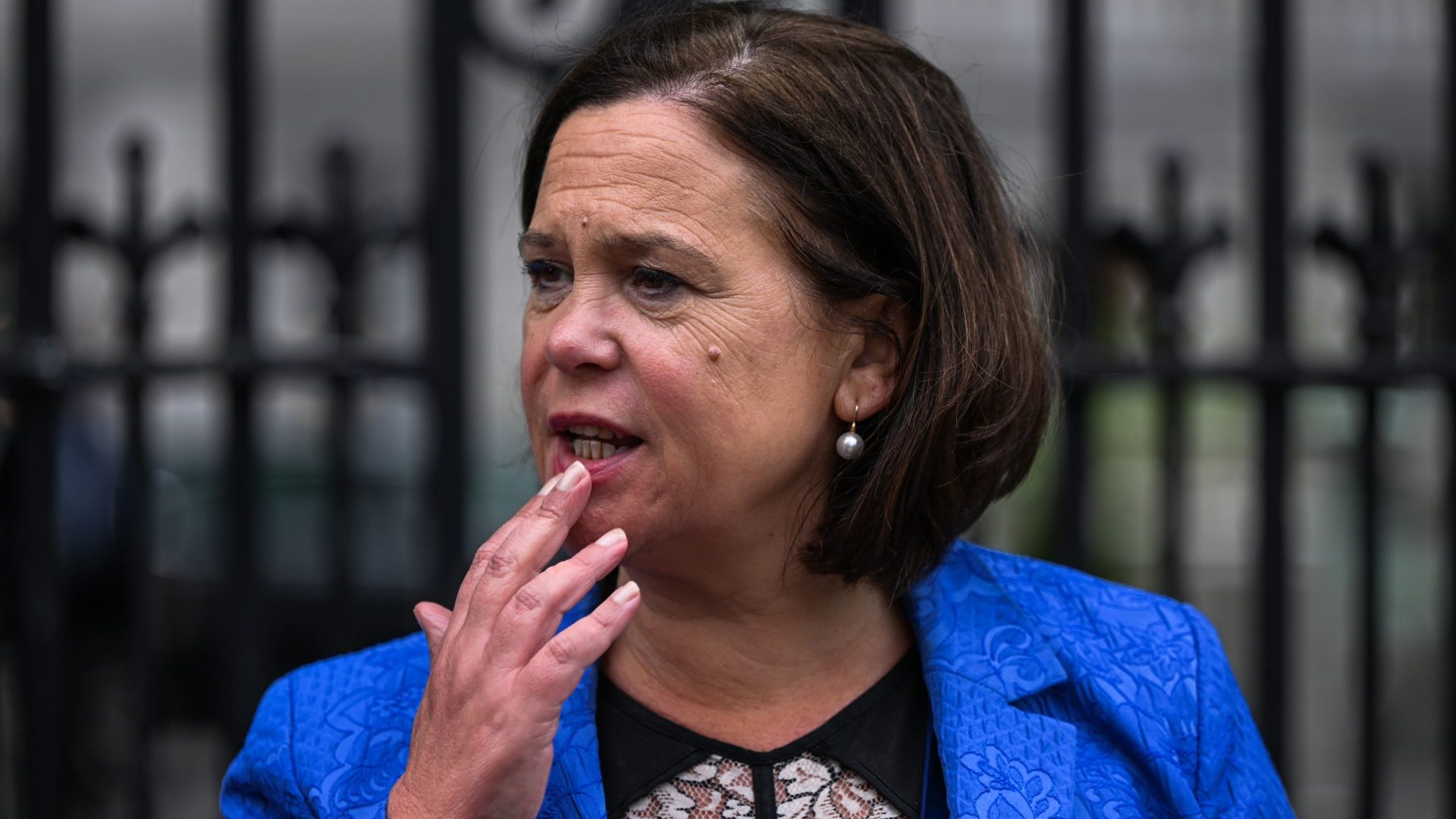On June 6, voters in Amsterdam will get a chance to protect their city’s green spaces – or will they? Nobody seems to know what the non-binding referendum that has conveniently been attached to the European Parliament elections actually means. If only the city’s parks were as quiet as the campaigns for both the referendum and the European elections in the Netherlands, they would be much more pleasant.
Across the border, neighbouring Belgium will focus almost exclusively on federal and regional elections to be held on June 9, with the European Parliament hardly getting a mention.
Domestic politics and the rise of the far right in both countries overshadow the vote for the European Parliament. The Netherlands is in the midst of forming its most right wing government ever. The popularity of Geert Wilders and his far right PVV party will translate into around 10 seats in the European Parliament, up from zero.
This sounds like a big change, but part of the gain comes from other far right or fringe parties, so the actual shift is smaller than it appears. It will, however, mean a significant boost for the Identity and Democracy (ID) faction in the European Parliament. Wilders’s party belongs to ID, as does Marine Le Pen’s National Rally and Belgium’s far right Flemish nationalist Vlaams Belang.
The other Flemish nationalist party in Belgium, N-VA, which is being challenged by Vlaams Belang, belongs to another right wing European faction, the European Conservatives and Reformists (ECR). This group includes Vox in Spain, Law and Justice in Poland and Giorgia Meloni’s Brothers of Italy party.
The ID is a Eurosceptic and anti-Nato grouping, and seeing as Brussels is the seat of both Nato and the European Union, it’s not a wildly popular position. Apart from these institutions being the only reason the city is ever mentioned on the international stage, they also provide a healthy boost to the country’s economy.
No wonder that Vlaams Belang wants “fundamental reform” of the EU, not a “Belxit”. In the Netherlands, Wilders has dropped calls for an EU referendum, which was part of his platform in previous elections, including last year’s national polls, which he won. His three coalition partners will surely parade the absence of a call for Nexit as a sign of their “moderating influence” on the far right agitator.
That should be weighed against the prospective Dutch coalition vowing to request an opt-out on migration from the EU. This would undermine one of the signal achievements of European Commission president Ursula von der Leyen’s term, the EU Pact on Migration and Asylum.
Along with some remarkably tough-on-migration steps, this pact imposes more solidarity on EU members in dealing with migrants and asylum seekers. A Dutch opt-out could collapse the whole deal, which took four long, painful years to negotiate.
The Dutch already make use of another kind of opt-out, on the environment. The Netherlands has a so-called derogation on meeting the bloc’s nitrogen limits in agriculture. Pushed along by the farmers’ party, which has just entered a coalition with Wilders, the new government is set to request an extension of this manure opt-out.
Both migration and the environment are areas in which von der Leyen and her centre right faction, the European People’s Party (EPP), have already signalled that they’re willing to compromise. Von der Leyen is reportedly keen to keep her job after the elections, thus the question is how far she will be prepared to go in meeting the demands of people like Wilders.
Both the European Social Democrats and the Greens have warned von der Leyen – who has notably been getting closer to Meloni – that she will not be able to count on their support if she does deals with the “hard right” ECR, let alone with the ID.
The Dutch and Belgian far right and hard right parties might only be a small part of the puzzle in the European Parliament.
But in the big picture, they add to the sense that their brand of politics is ascendant. And the Dutch situation should serve as a cautionary tale of what happens when other mainstream parties choose to appease rather than confront them.
Ferry Biedermann is a journalist based in Amsterdam writing on Europe, the Netherlands and Brexit



